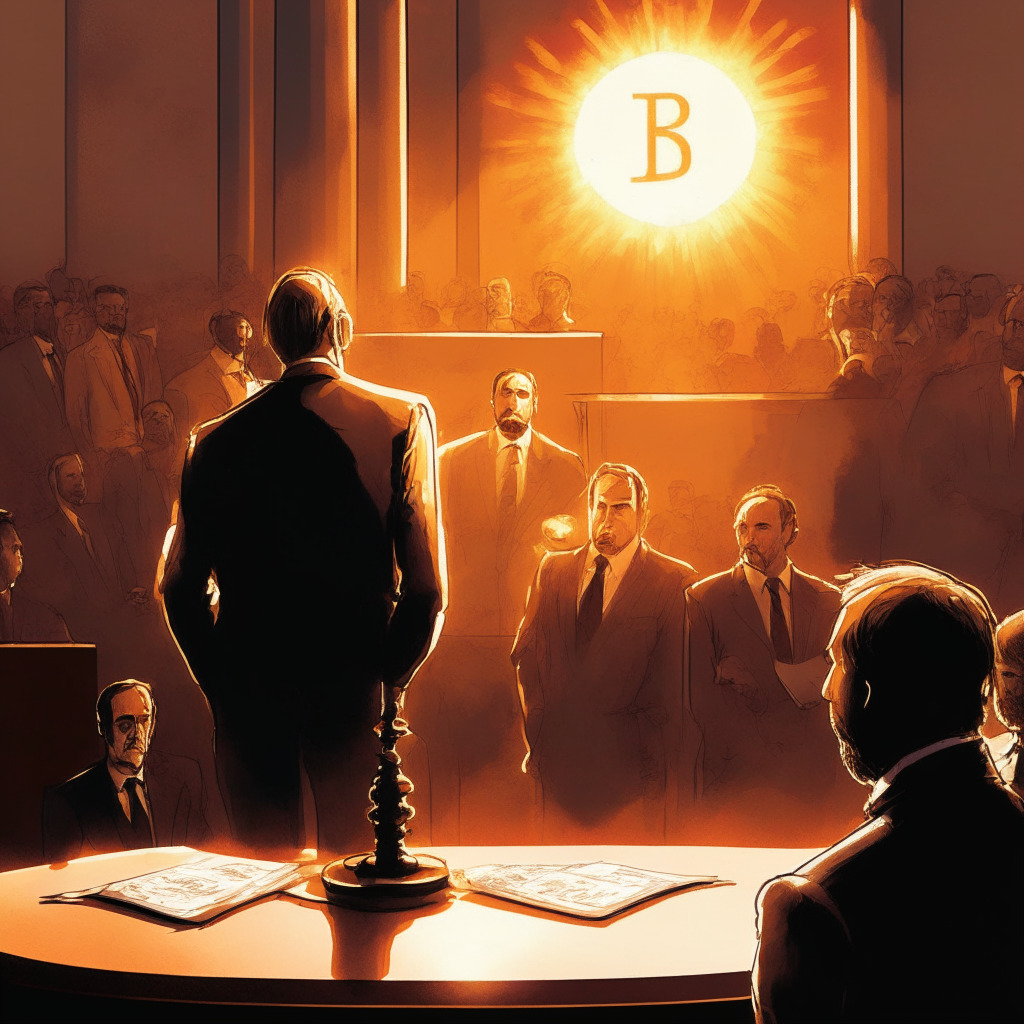The United States Justice Department’s National Cryptocurrency Enforcement Team (NCET) is taking major strides in cracking down on Decentralized Finance (DeFi) hackers and exploiters. This move comes in the wake of a four-year upward trend in illicit crypto activities, and it aims to address the emerging challenges posed by bad actors, particularly those exploiting chain bridges.
The NCET’s focus on curbing thefts and hacks involving DeFi platforms is especially significant, as North Korean state-sponsored hackers have been increasingly active in this space. In 2022 alone, it was estimated that North Korean hackers stole between $630 million to over $1 billion worth of crypto assets.
February 2022 marked the appointment of Eun Young Choi as the first director of the NCET. With nearly a decade of experience in the Department of Justice (DOJ), Choi brings valuable expertise to the role. The department has stated that the NCET will serve as a focal point for tackling various crypto-related issues, including cybercrime, money laundering, and forfeiture.
Although the DOJ has previously highlighted mixing and tumbling services as particular areas of concern, DeFi platforms were not explicitly mentioned at the time. Choi has recently reiterated that the department is targeting crypto firms that either commit crimes themselves or enable money laundering. By focusing on the platforms at the source, the DOJ aims to achieve a multiplier effect in stopping criminals from profiting from their crimes.
The scale and scope of digital assets being used for illicit purposes have grown significantly over the past four years. As DeFi platforms continue to gain traction, they have also faced a series of attacks, with the biggest hack occurring in 2023 when Euler Finance lost $197 million.
These attacks reveal the vulnerabilities that DeFi platforms can face and, subsequently, the importance of adequate regulatory measures. In November 2022, DeFi trading platform Mango Markets experienced an exploit that saw an alleged hacker depositing $5 million of their own money to manipulate the price of MNGO and gain a loan for $116 million.
As the DOJ’s NCET steps up its efforts to deal with DeFi hackers and exploiters, the main challenge lies in finding a balance between protecting investors’ interests and fostering technological innovation. While the crackdown on illicit activities is a step in the right direction, it remains to be seen how the crypto industry will adapt to this increased regulatory scrutiny.
Source: Cointelegraph




